Dyslexia Advocacy Day -- An Opportunity to Learn and ACT-vocate
Please join us and wear RED to show your support for erasing years of red ink on work with poor spelling and grammar, but full of great ideas that get lost in a sea of red. Join us to learn about dyslexia and reading solutions that will help narrow the reading and writing achievement gap in Maryland. These students are in every class, in every underserved subgroup and in every neighborhood -- they all need help early to prevent failure and the trauma that sticks to a child who thinks he or she is stupid, dumb or lazy. WHEN: Thursday, February 2, 2017, 12:00pm-1:00pm WHERE: Room 180, Lowe House Office Building, 6 Bladen Street, Annapolis, 21401 Morning Program 8:00 - 10:30am
Reading & Dyslexia Policy Solutions |
On February 2 in Annapolis, Dayne Guest and Ella-Jane Miller will talk about their experiences with dyslexia in Maryland public schools to a room of legislators, parents and teachers interested to know of their experiences and solutions.
7th grade student Ella-Jane Miller, Montgomery County Public Schools and Dayne Guest, recent graduate, Baltimore County Public Schools, will offer their perspective on the impacts of delayed dyslexia identification and the fight for effective reading instruction. Unfortunately their stories are joined by a chorus of Maryland students who continue to struggle through school without identification or appropriate instruction for their reading difficulties. Many families join Decoding Dyslexia Maryland to tell their stories and to work for educational change; students, parents and teachers alike provided testimony during the public comment period for the Task Force to Study the Implementation of a Dyslexia Education Program; public TESTIMONY is available at this link.
Additional panelists include Calvert County Public Schools teacher educator Amy Siracusano, who will offer her perspective about what we can do differently to help teachers. Also joining the panel are Pennsylvania School District Superintendent Monica McHale-Small, Dr. Fran Warkomski, Dyslexia Pilot Coordinator for the PA Department of Education and a Q&A session, time permitting.
Solutions for Students & Families with Dyslexia Over the last 4 years, Decoding Dyslexia Maryland families tirelessly advocated for change by forming coalitions, working with the Maryland State Department of Education (MSDE), meeting with stakeholder groups and participating in the work groups, Task Forces and advisory committees to shed a light on the problems and solutions. That work produced two important changes for families and educators: 1) The “Task Force to Implement a Dyslexia Education Program in Maryland” commissioned by a joint effort by the Governor & the MD General Assembly, produced six compelling solutions to change literacy education in Maryland. The report was created by a diverse group of Maryland leaders including the MSDE (education department), MSDE (teachers union), MSPA (school psychologists), leading speech language pathologists, MABE (school board association), PSSAM (school superintendents), parents, Decoding Dyslexia MD, and MD teachers and administrators. This diverse group developed "Best Practices for Dyslexia," "A Pilot Program for Dyslexia," and 6 policy recommendations on dyslexia identification, instruction, teacher preparation and professional learning. There are also a number of useful appendices that review dyslexia programs and laws in other states, funding opportunities (both private and public) and a cost analysis. LINK: Dyslexia Task Force FINAL REPORT. 2) The second important change is the Maryland State Department of Education's Technical Assistance Bulletin on Specific Learning Disabilities, with a Focus on Dyslexia, Dysgraphia and Dyscalculia. This bulletin from Maryland's education leadership recognizes and attempts to fill a knowledge gap in schools about dyslexia -- the technical assistance defines dyslexia, provides a brief summary of early warning signs for dyslexia and and lists the elements and principles of effective instruction, known as "structured literacy." Teaching the structure of language shows positive results for students with learning disabilities as well as culturally and linguistically diverse students. Structured literacy is marked by several elements and principles: elements of instruction include: phonology, sound symbol association, syllable instruction, morphology, syntax and semantics and principles of instruction that are: systematic, sequential, explicit, comprehensive, and individually diagnostic. Brain scans of students with reading difficulties show that the brain can be re-wired using a structured literacy approach to teach reading and writing (Norton, Gabrieli, Wolf, 2016). What's Next? Although families feel empowered by the new Dyslexia Technical Assistance Bulletin and are hopeful about implementation of a Dyslexia Pilot Program, more advocacy work remains. Families report that school teams continue to avoid the term dyslexia and don't know how to identify dyslexia or provide effective instruction. A few school districts are providing structured literacy professional learning to their teachers, which we applaud; but there are many classrooms without an educator who can identify and provide interventions for dyslexia. |
||||
Structured Literacy:
Effective Instruction for Dyslexia & Reading Difficulties
- Struggling Readers in Response to Intervention in K-2 (general education students). In 2016, Partnership for the Assessment of Readiness for College & Career (PARCC 2016) results showed that 60% of all students in Maryland read below grade level. Similarly, 2015 National Assessment for Educational Progress (NAEP) data revealed that 63% of Maryland students are below proficient in reading. Maryland community colleges report that students are not college ready and those who enroll in remedial courses in English are more likely to drop out of college.
- Economically Disadvantaged Students – 82% of MD 4th grade low-income students read below proficient (NAEP 2015) and 78% of low-income 4th grade students read below grade level as measured by the PARCC 2016.
- English Learners (culturally & linguistically diverse students) – 97% of 4th grade MD English Learners (EL) are below grade level in reading (PARCC 2016) and 93% of ELs are below proficient according to NAEP 2015.
-
Specific Learning Disabilities (SLD)/Dyslexia – SLD is the largest disability category of students with disabilities (SWD) in MD who receive special education. 89% of MD 4th grade SWD read below proficient on NAEP 2015 and on PARCC 2016 91.4% read below grade level.
- Require Universal Early Identification of Dyslexia. MD statistics show that special education identification increases in 4th grade after a student fails. Dyslexia is identifiable using simple screening tests in Kindergarten (Final Report of the Legislative Task Force to Study Implementation of a Dyslexia Education Program (Dyslexia Task Force))
-
Transform Maryland Teacher Preparation in Reading at the Undergraduate, Graduate and Professional Development Levels. 20 years of NAEP results show that a segment of students is not learning to read in public schools. “Professional preparation programs have a responsibility to teach a defined body of knowledge, skills and abilities that are based on the best research in the field.” (AFT, Reading is Rocket Science: Adams, 1990; Pressley, 1998; Osborn & Lehr, 1998; Moats, 2009 & Dyslexia Task Force Recommendation #5)
The costs of reading failure are extraordinary and these costs begin with emotional, financial and downstream socio-economic impacts on individuals and communities. Young students believe they are stupid – they read less and struggle more than their peers; and those without a support system at home often end up as a statistic in the school-to-prison pipeline. Some academics like to say that poor readers “lack motivation” and just need to read more; but if you talk to parents they will tell you their children work harder than their peers. Motivation is one symptom of a crisis in Maryland’s teacher preparation programs. Teachers often report that they “never learned about dyslexia and they don’t know how to teach struggling students to read.”
What is really needed? A change in the approach and practice of teacher education in reading instruction in Maryland university teacher preparation programs, along with state and district-wide professional learning that focuses on the science of reading and the principles of effective instruction.
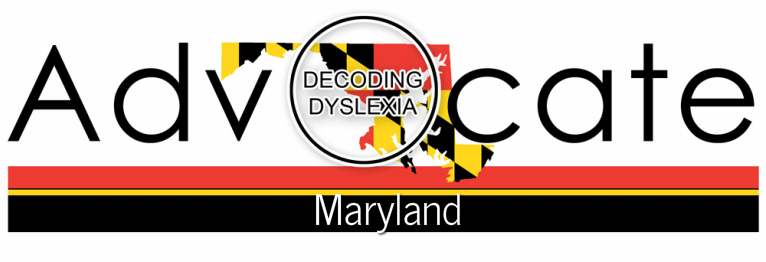
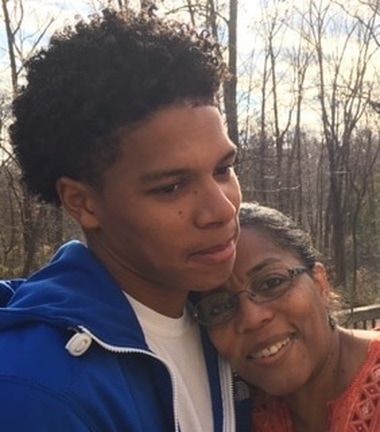
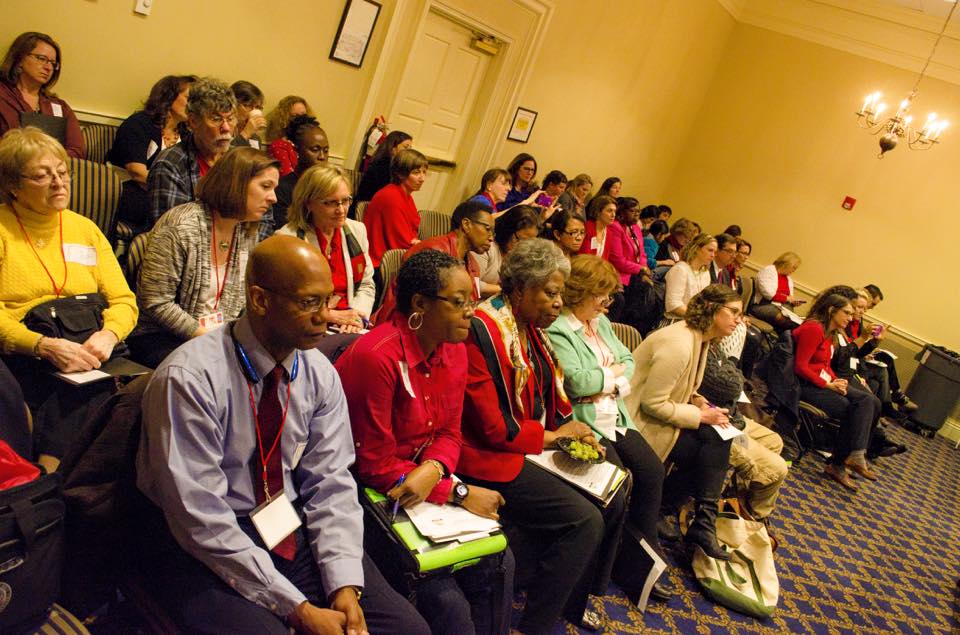
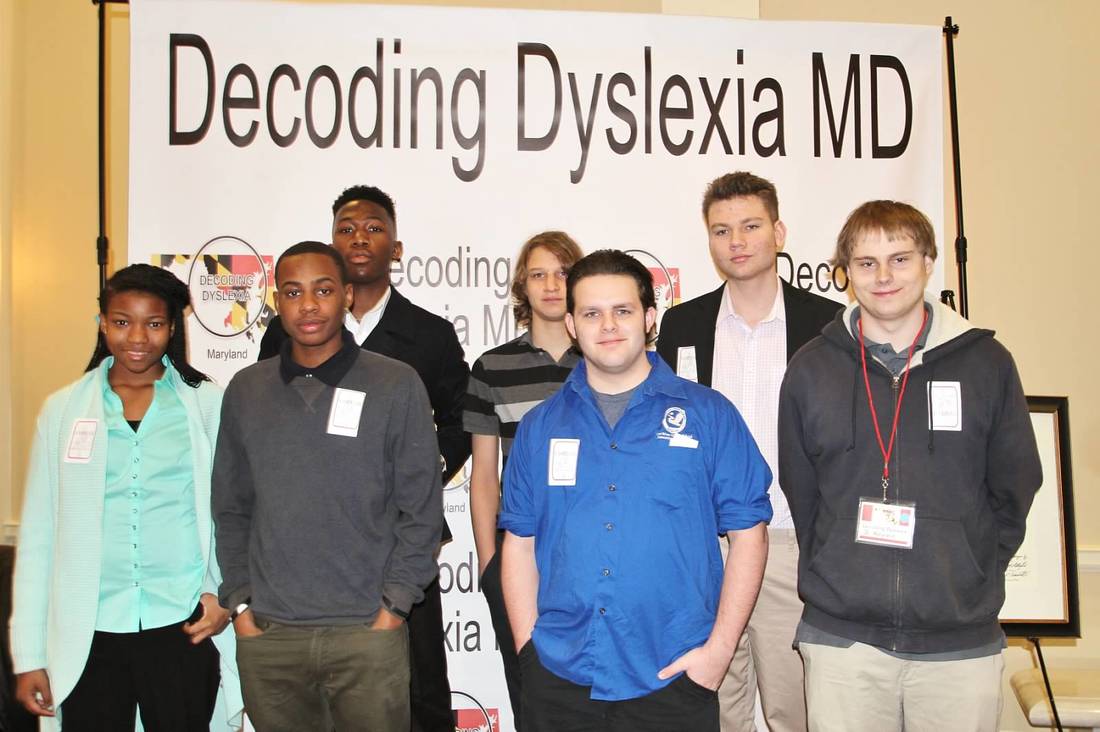
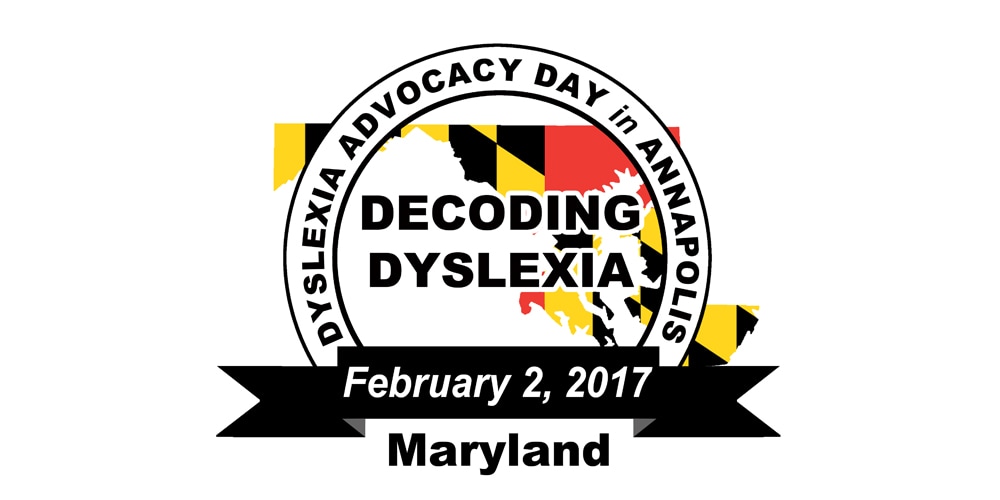
 RSS Feed
RSS Feed